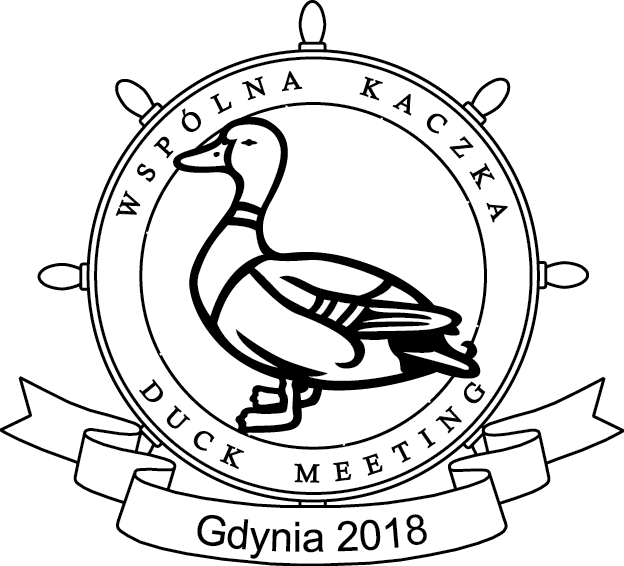
2018-07-09
The digital future of logistics
The consortium of AB InBev, Accenture, APL, Kuehne + Nagel and the European Customs Organization successfully tested the blockchain solution intended to eliminate the need to print transport documents. This is projected to bring savings ranging even in hundreds of millions of US dollars per annum.
The consortium tested a solution in which documents were no longer exchanged physically or digitally, but rather appropriate data was shared and distributed via blockchain technology. International freight transport in such areas as automotive industry, retail trade or consumer goods usually requires more than 20 different kinds of documents, many of which are in paper form. Up to 70% of data contained in these documents can be replicated.
Each organization participating in tests represented a specific party involved in the shipping process: AB InBev represented a typical exporter, APL contributed its role as a shipping company, Kuehne+Nagel indicated the direction to be taken as regards requirements for freight forwarders, whereas the European Customs Organization presented regulatory requirements concerning freight/cargo. Accenture provided know-how and consulting knowledge regarding blockchain technology and designed technical architecture necessary to manage this solution.
The blockchain technology for maritime transport was implemented before by Maersk Line, the largest container operator in the world, and IBM. The joint venture established by these companies will initially offer 2 kinds of services. One of them will be a service that allows parties involved to track the supply chain, enabling them to exchange information regarding that chain in real time. The second service under the name Paperless Trade will consist in the digitalization and automation of the process of creating documentation required for maritime transport using so-called smart contracts based on blockchain.
The governing bodies of Maersk Line noted that the offered solutions will allow to eliminate deficiencies known from the current method of managing maritime transport. They pointed out that a single avocado delivery from Kenya to the Netherlands required the parties involved to generate over 200 documents.
According to the International Data Corporation, global expenditures on blockchain solutions are projected to reach USD 2.1 bn in 2018, i.e. more than twice the expenditures made in 2017 (USD 945 million). They are projected to reach
USD 9.7 bn in 2021.
One of the panels at the Maritime Economy Forum Gdynia 2018 will be dedicated to logistics.
Article developed in cooperation with "Namiary na Morze i Handel" magazine.
Phot. source: Namiary na Morze i Handel magazine


